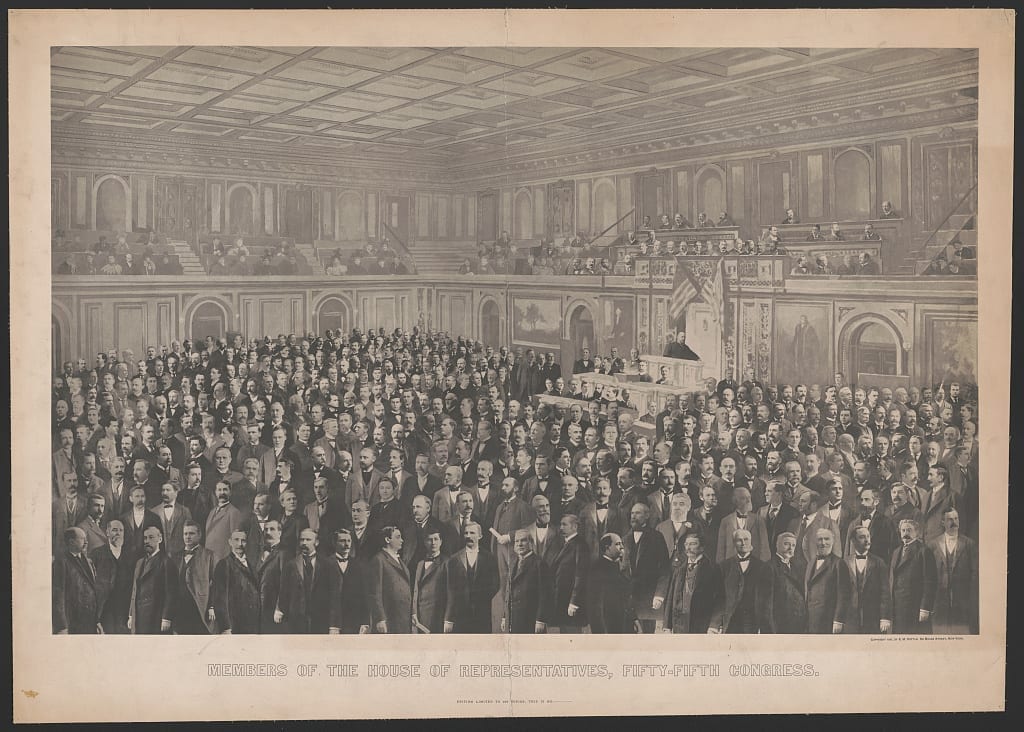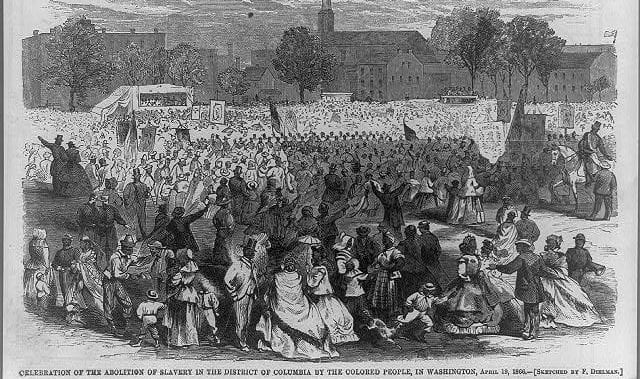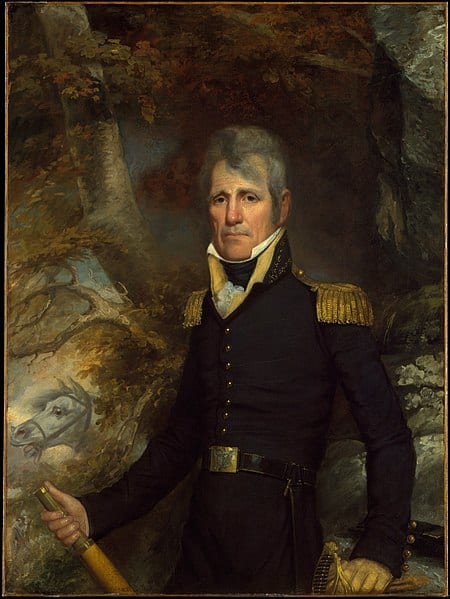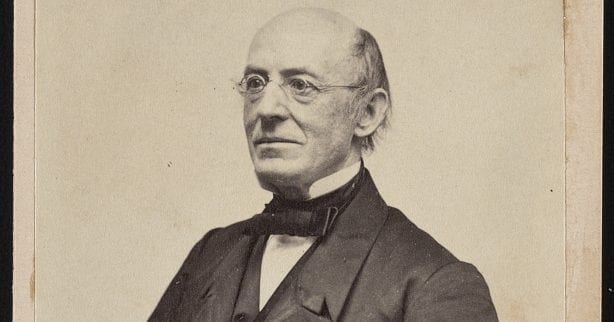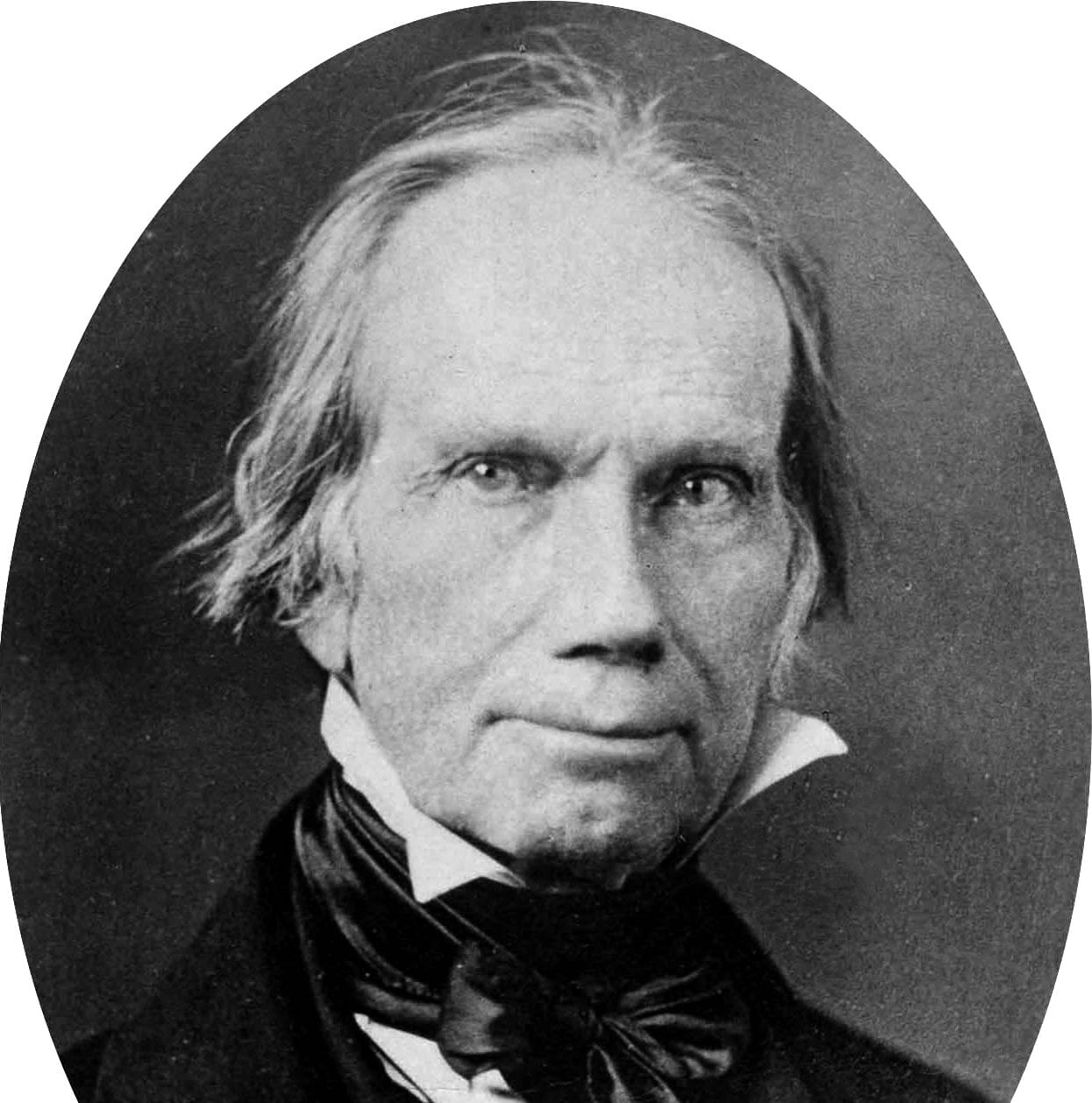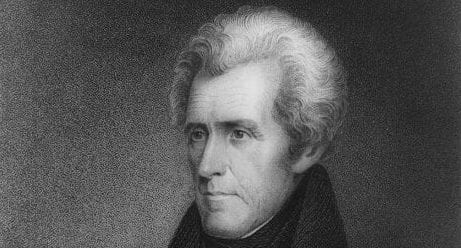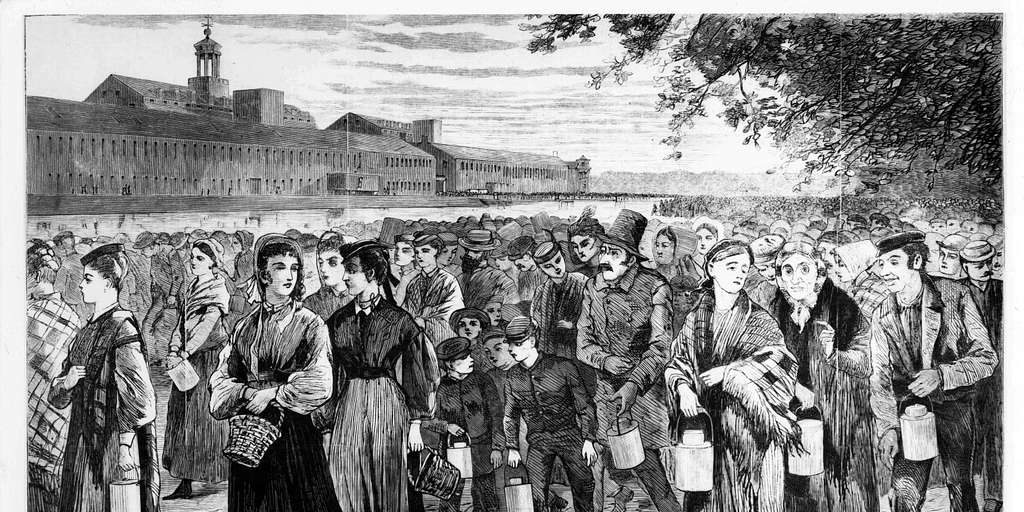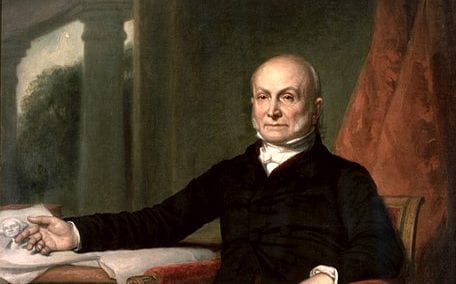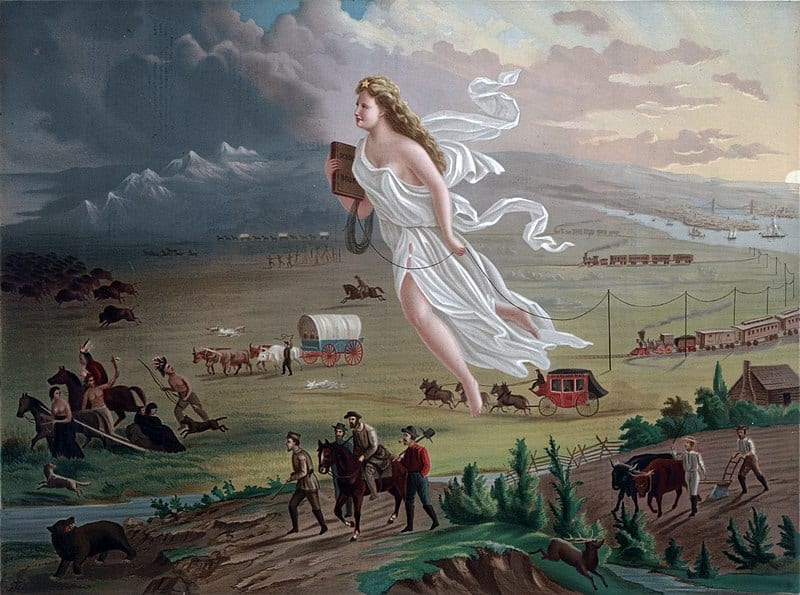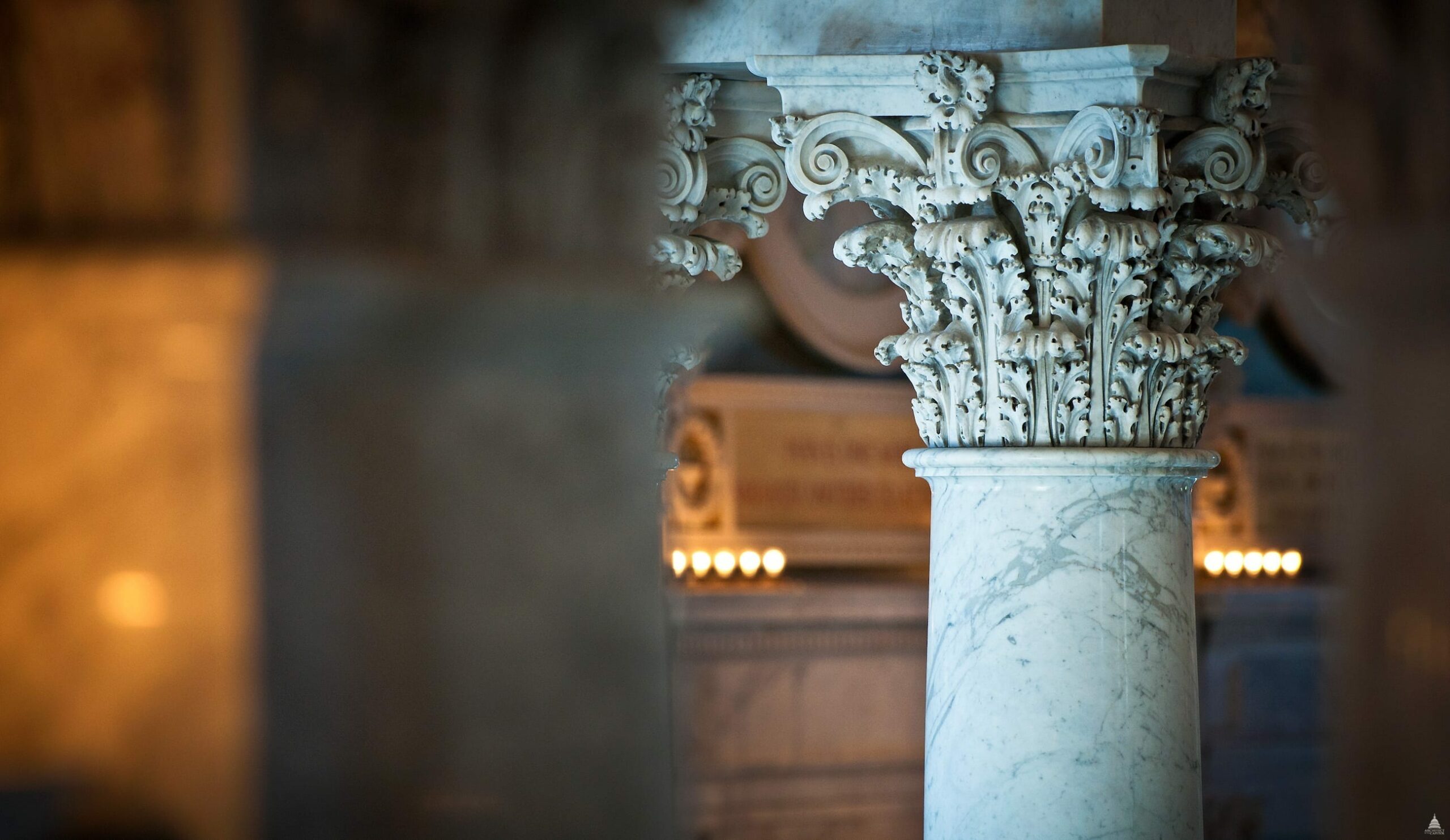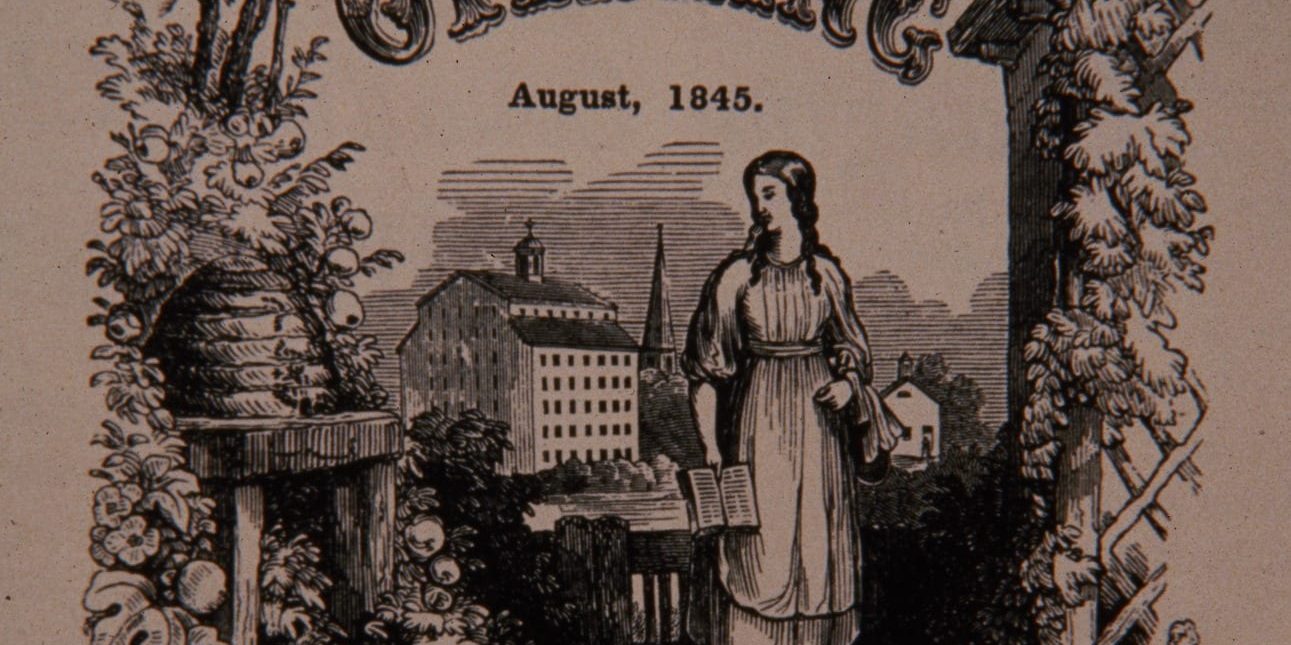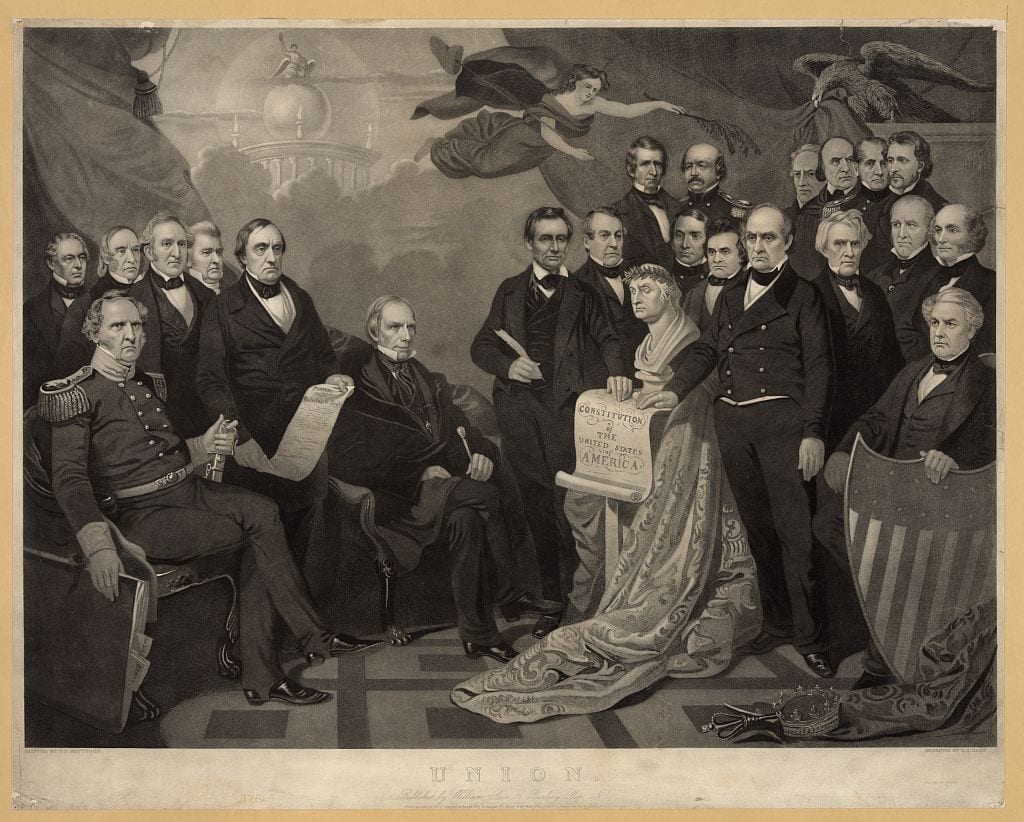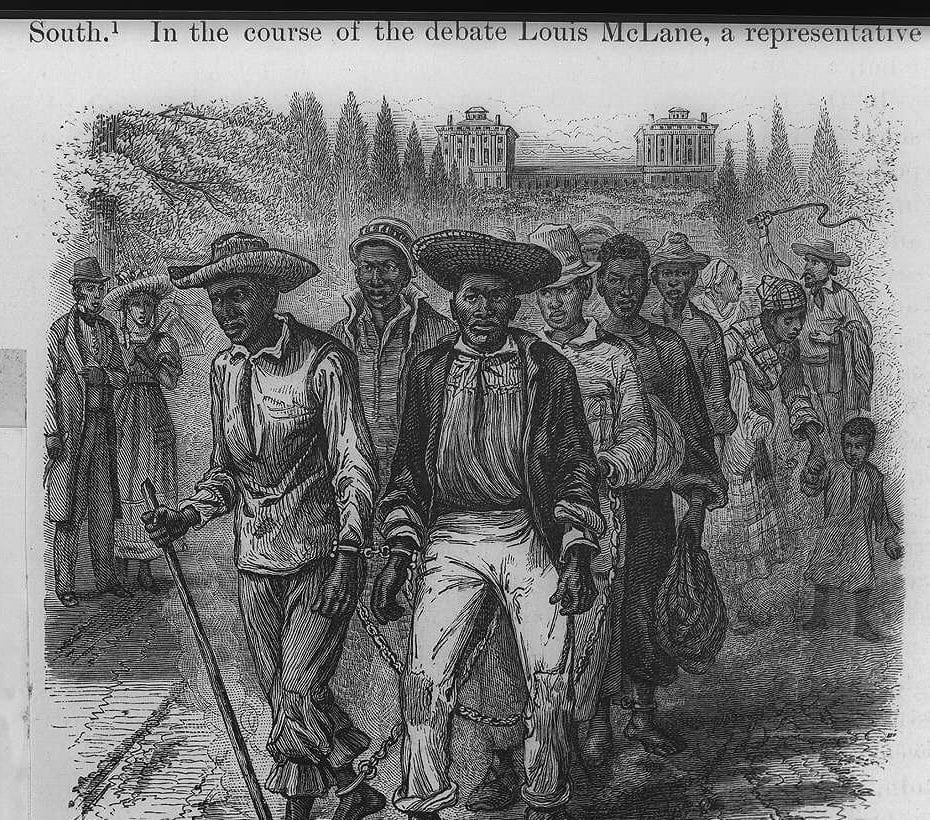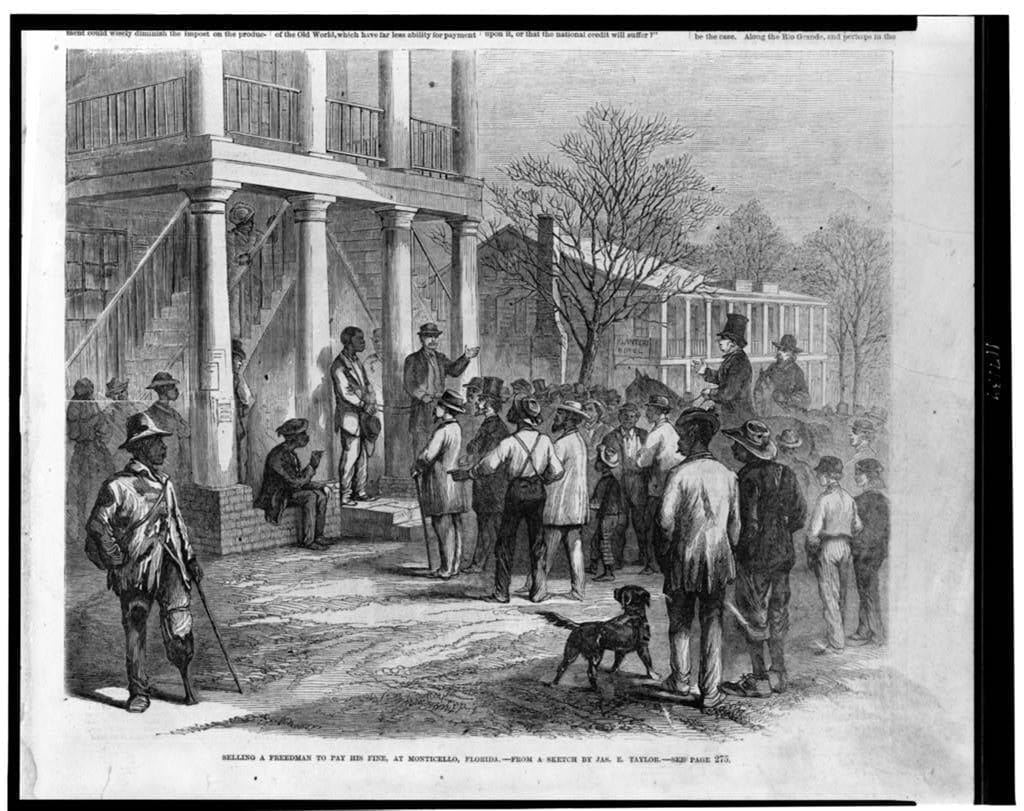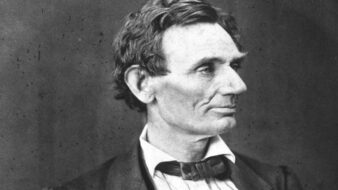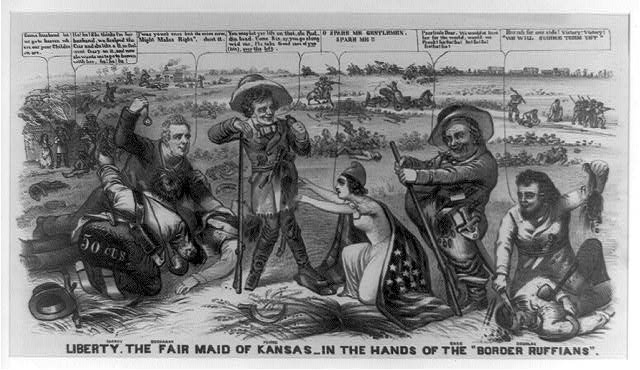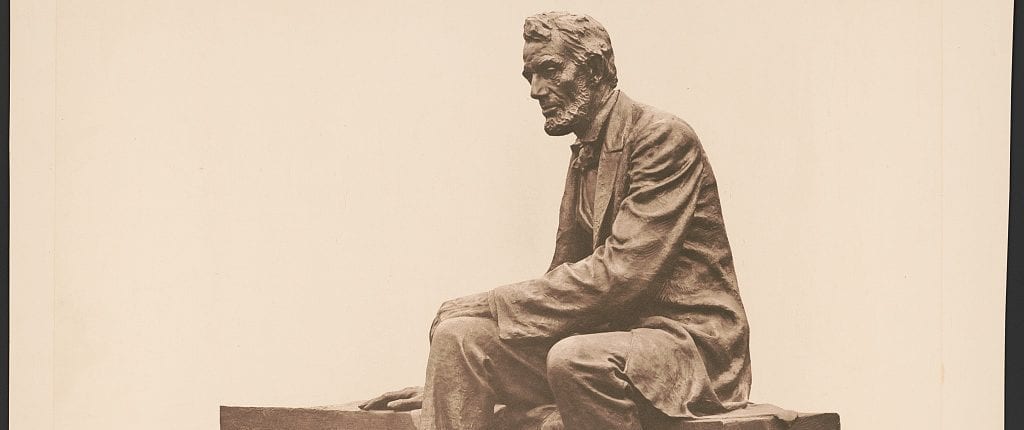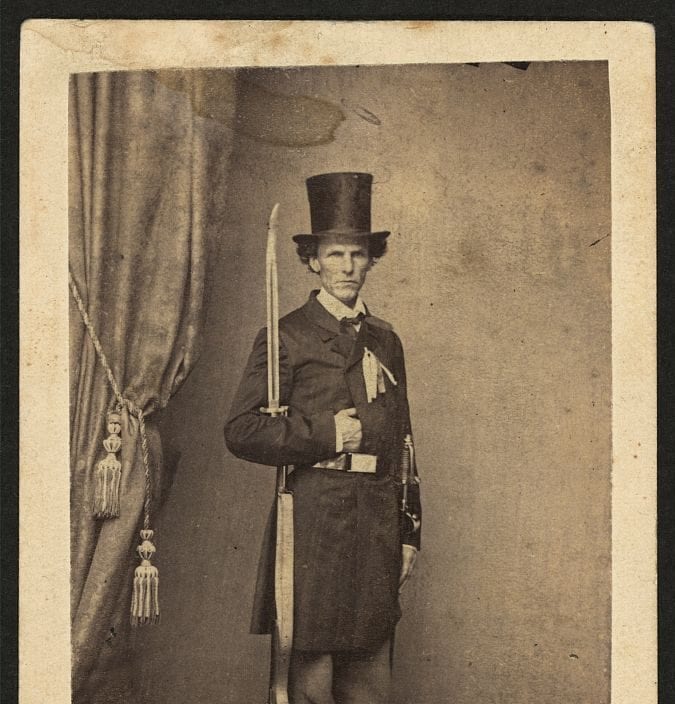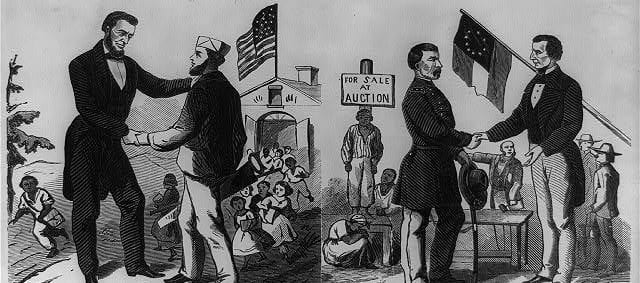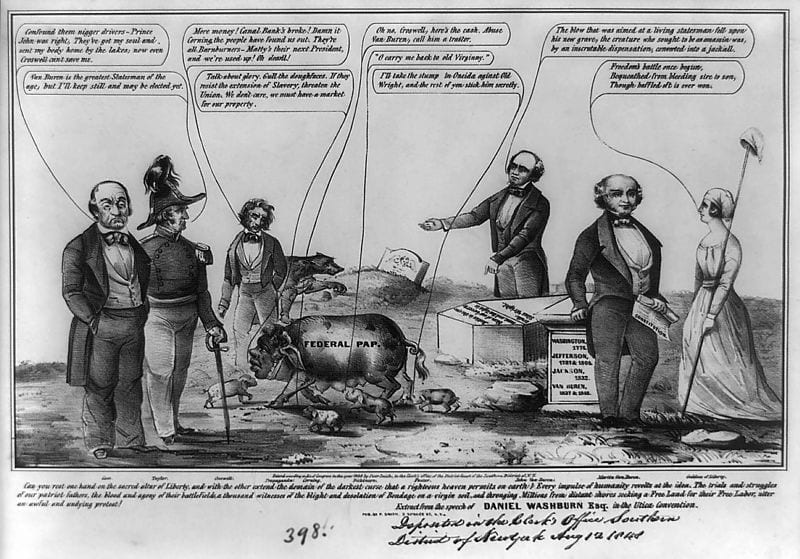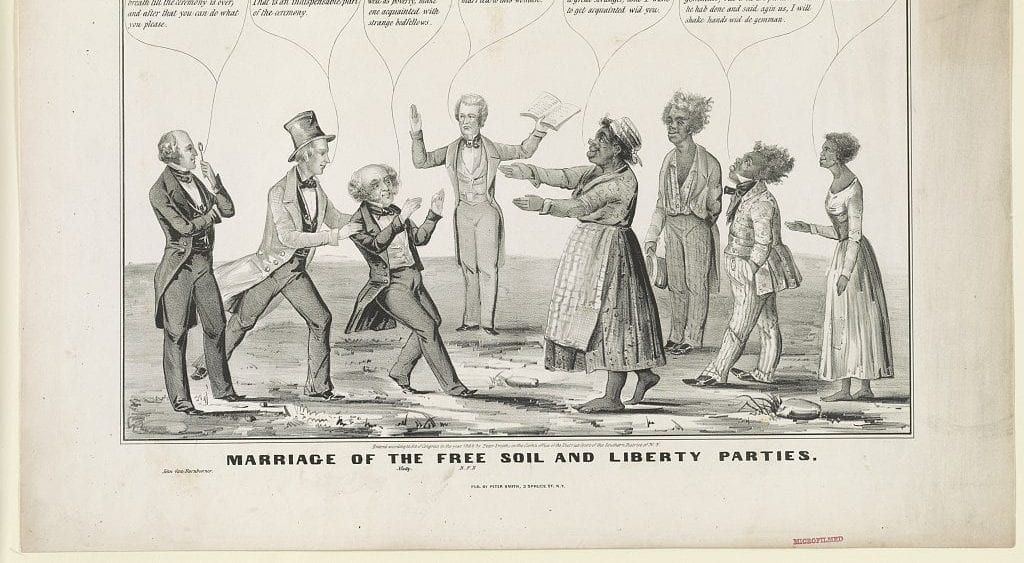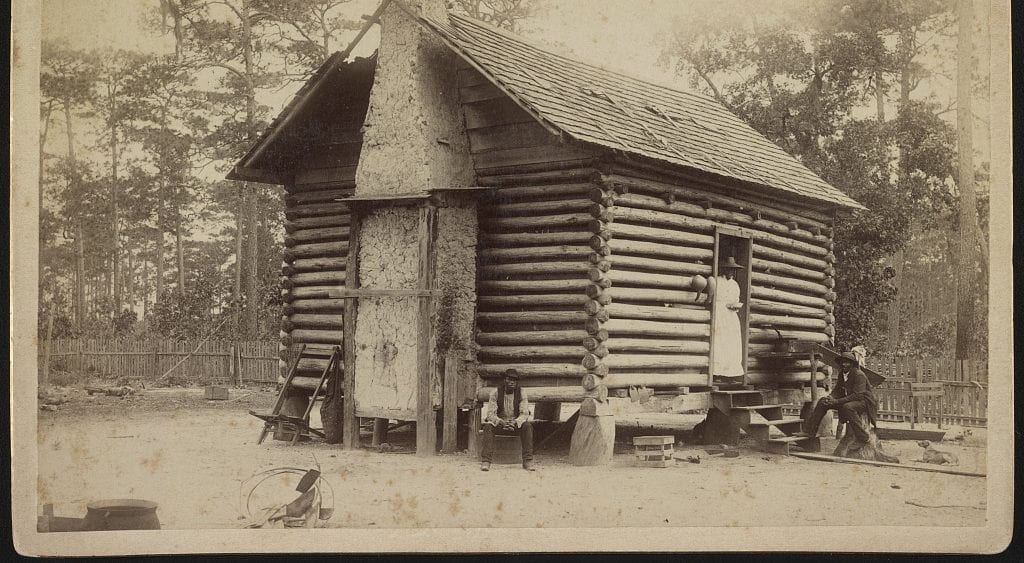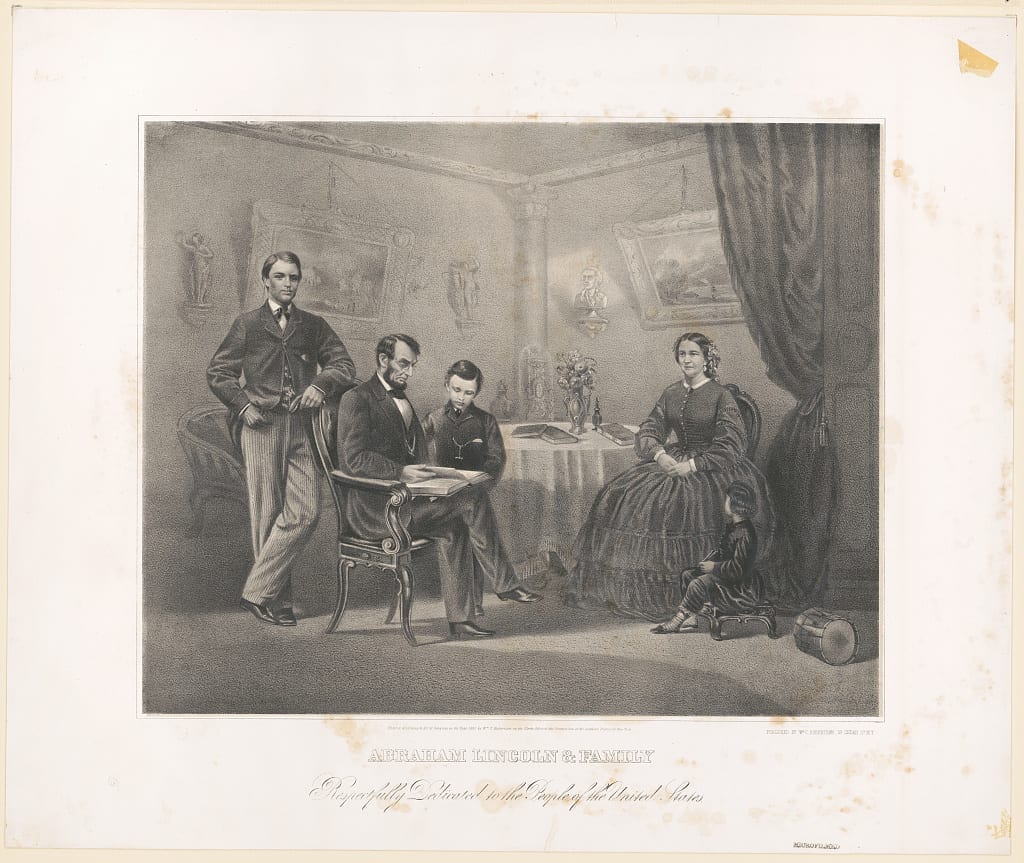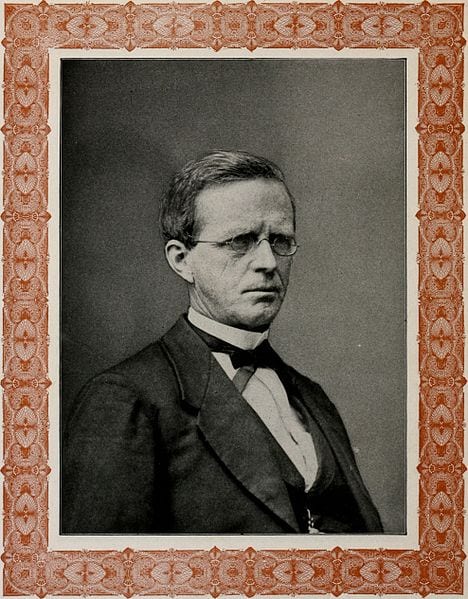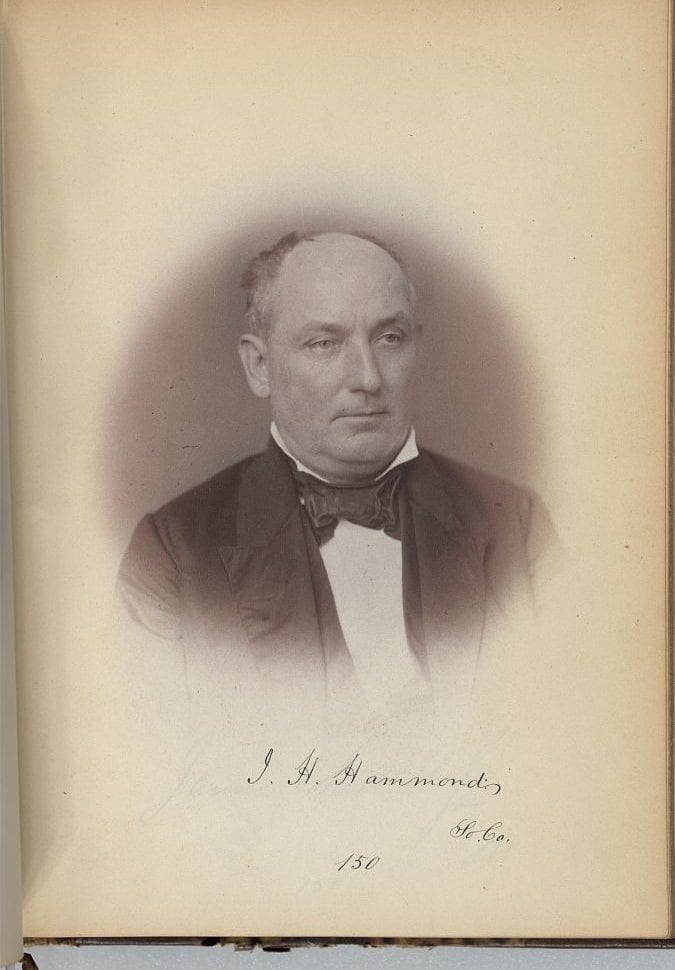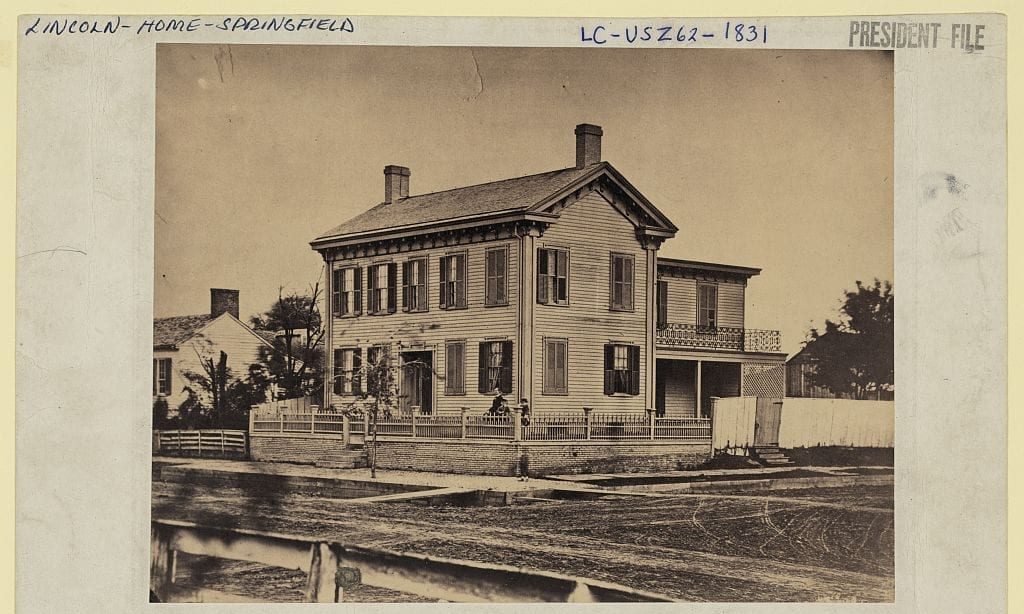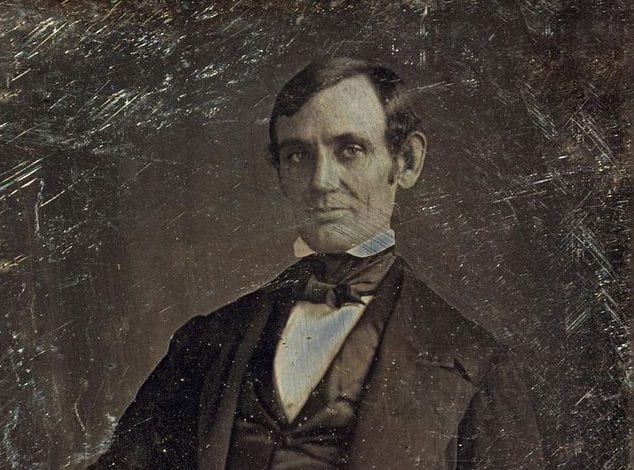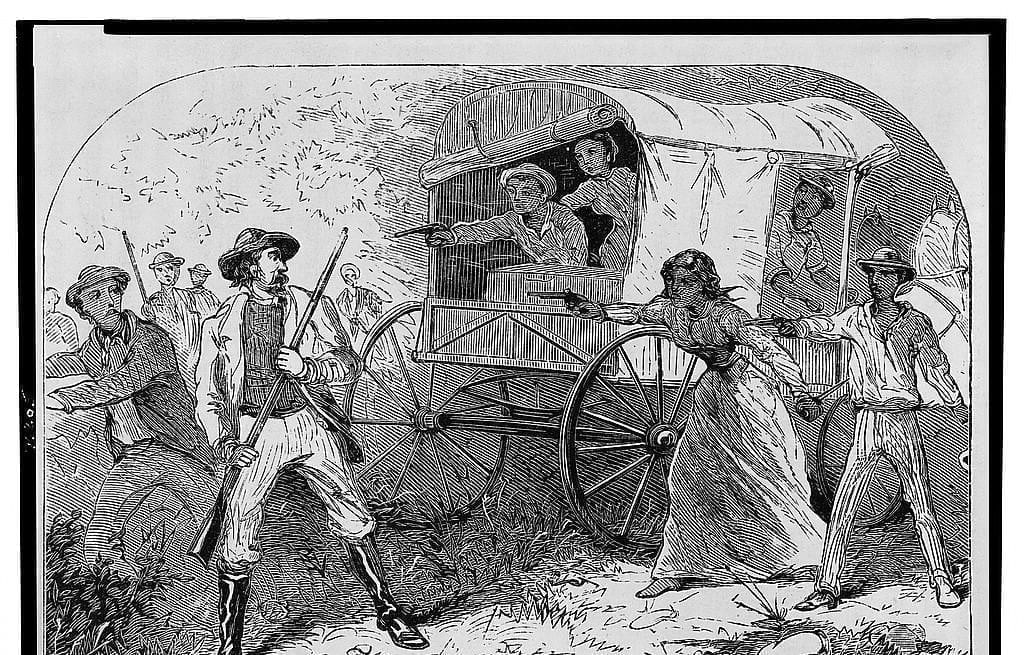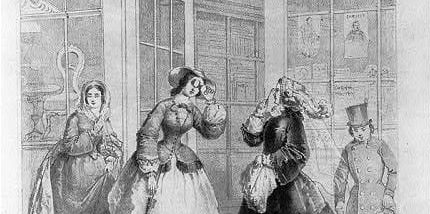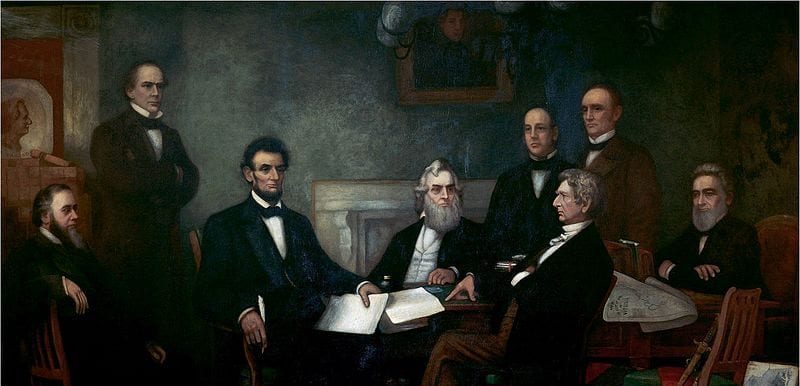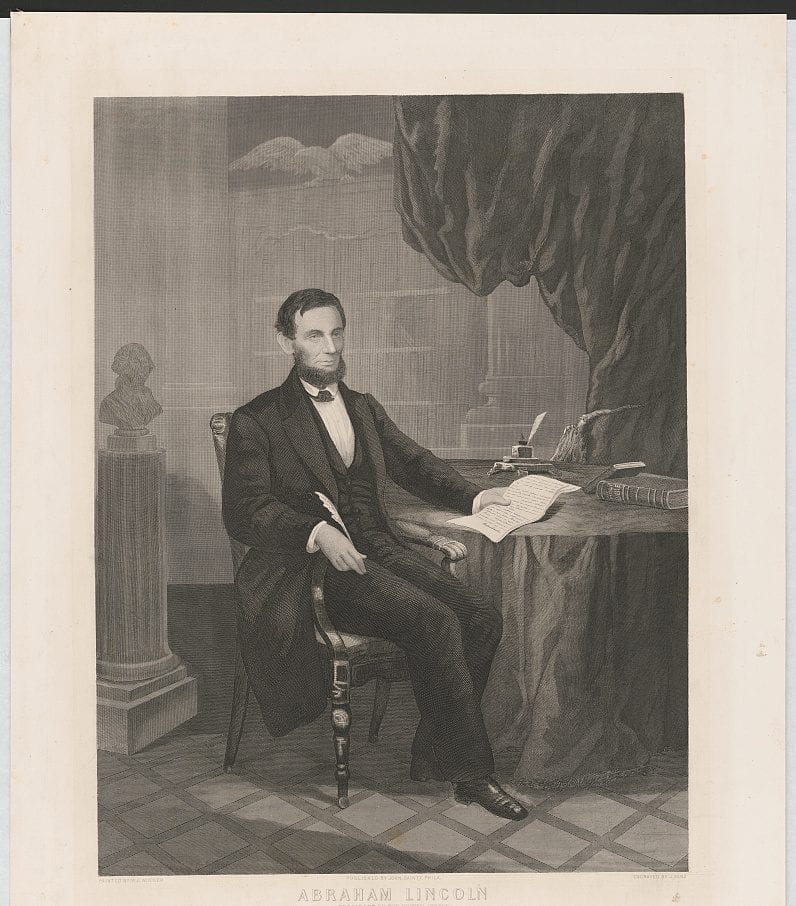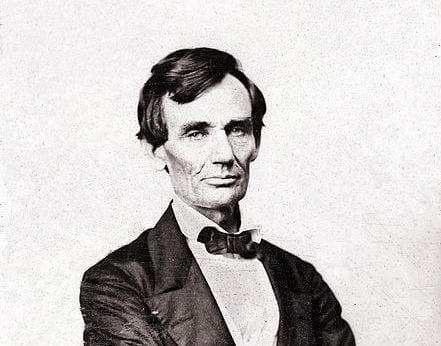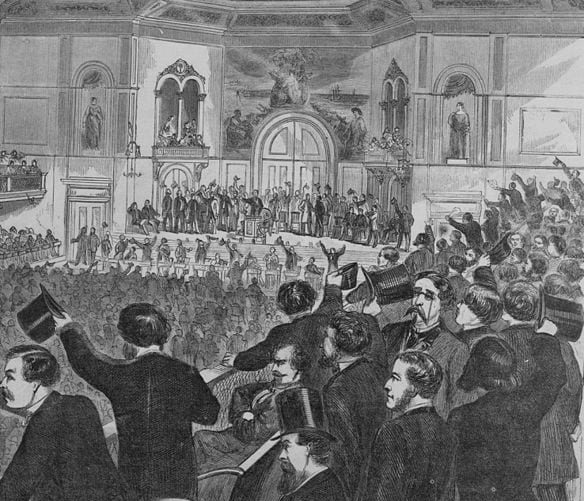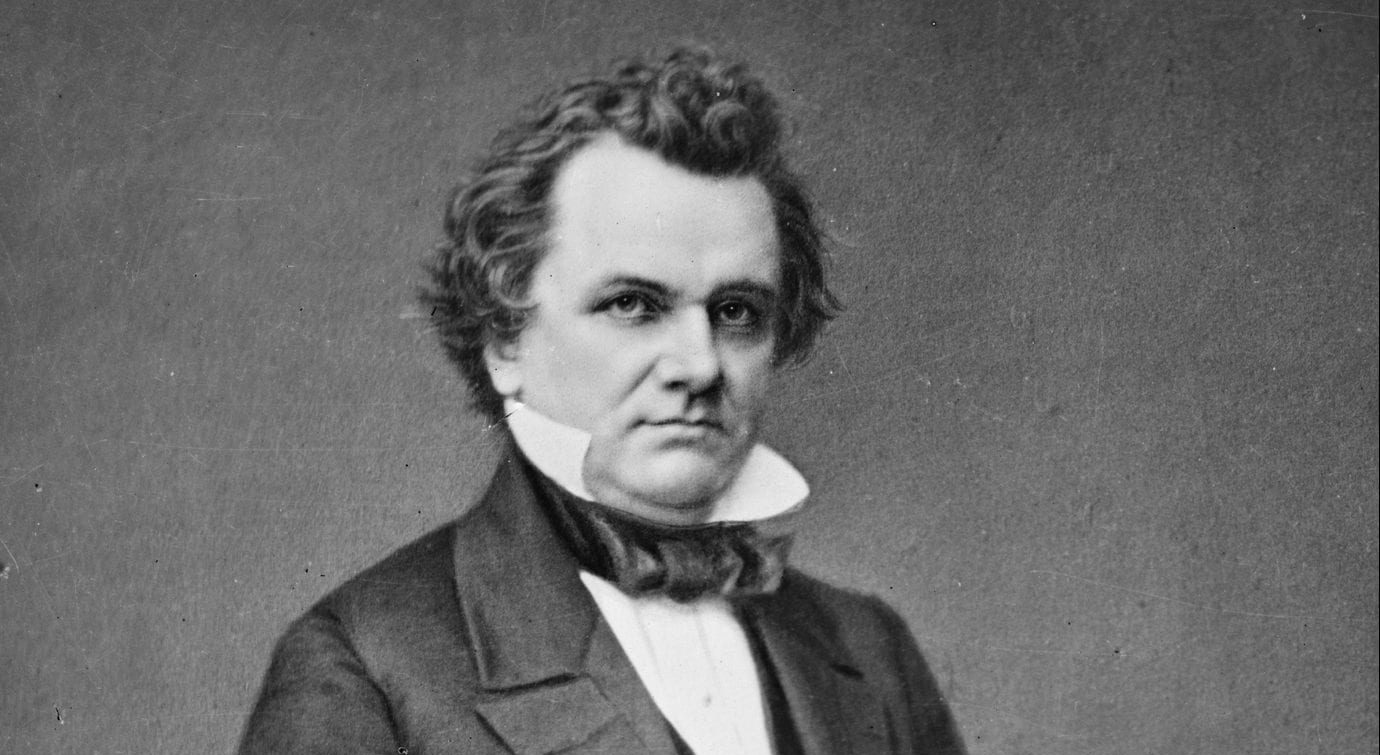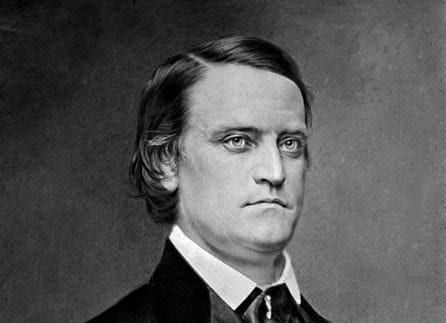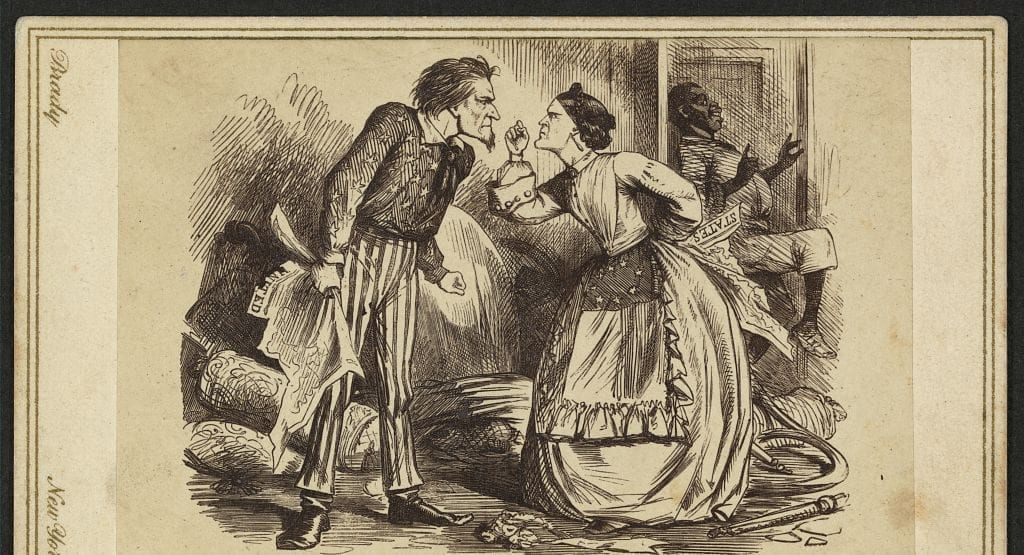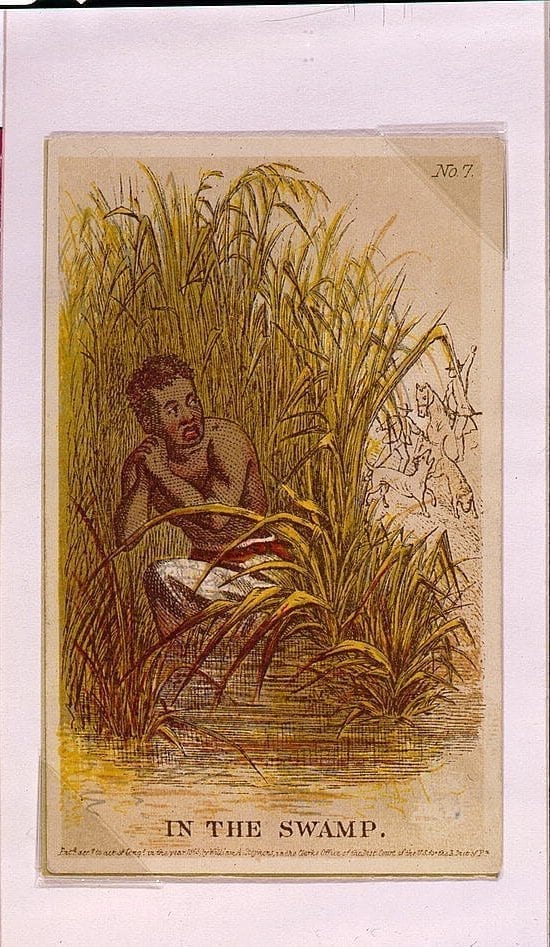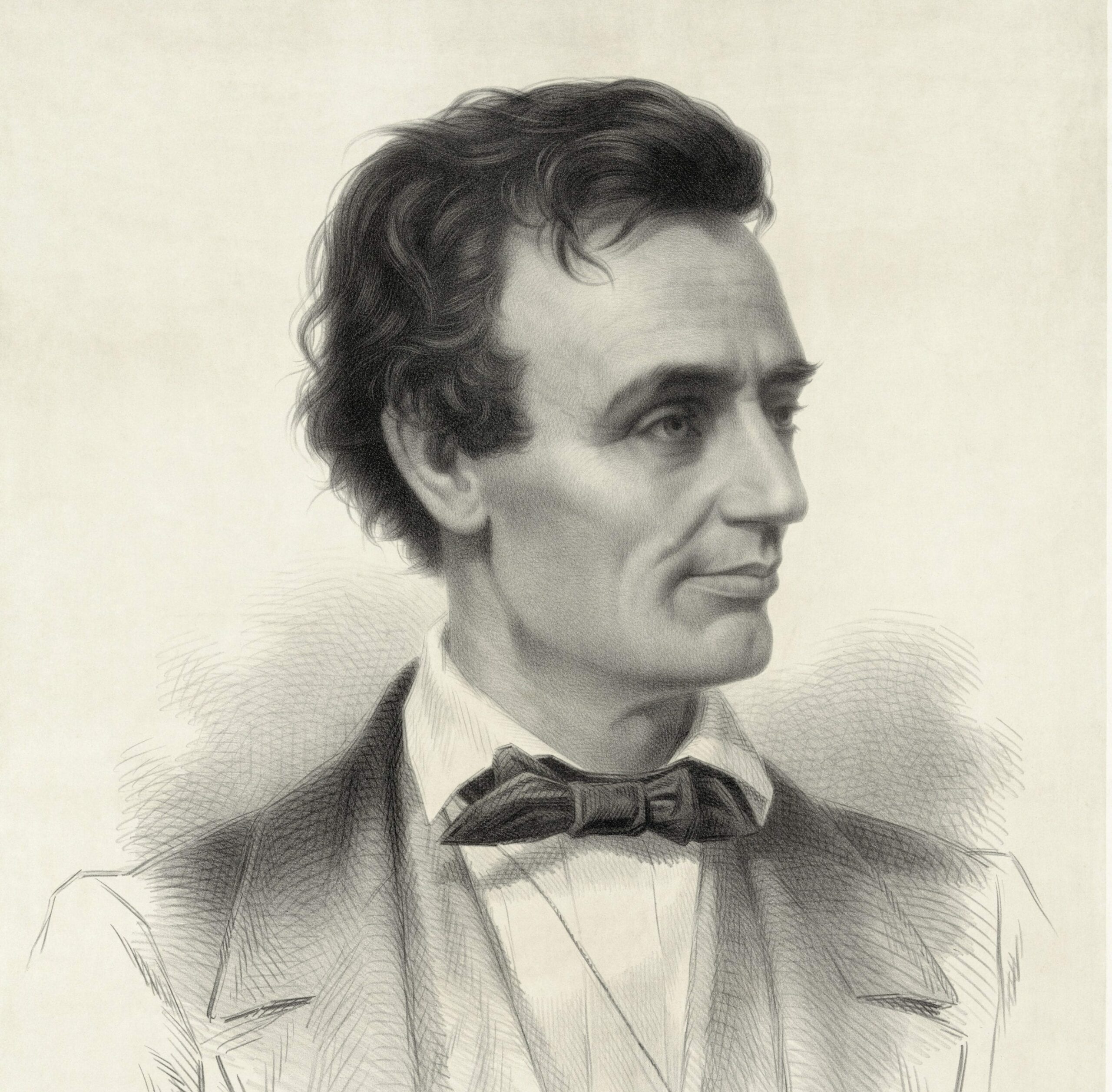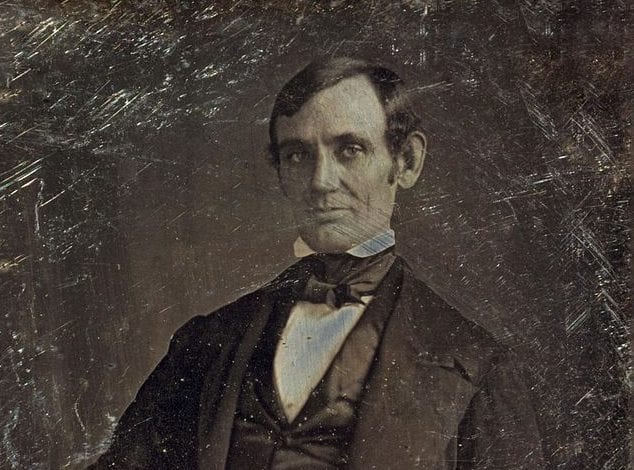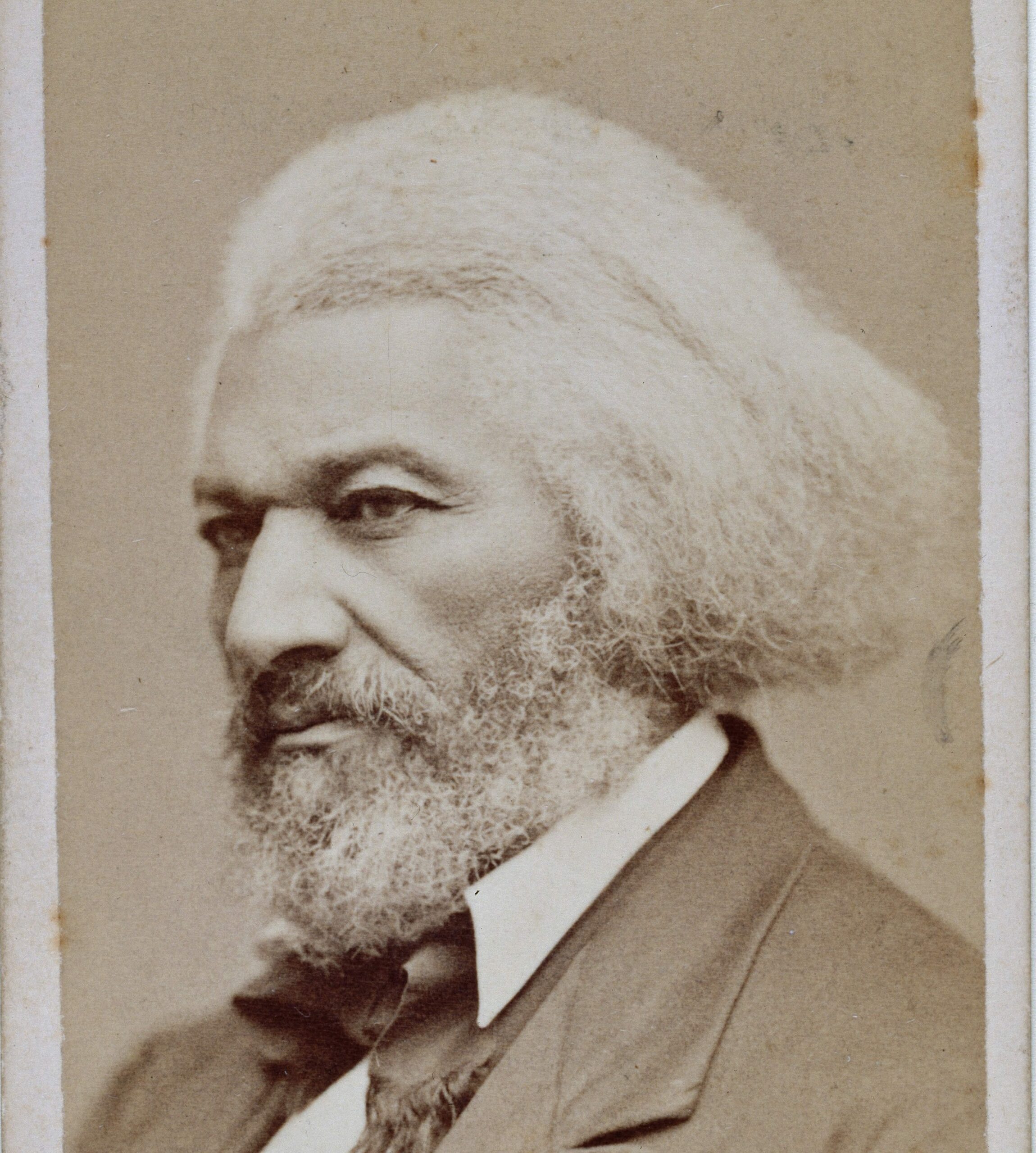

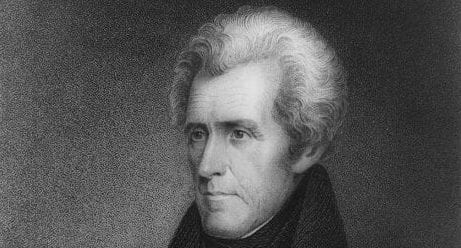
No related resources
Introduction
When Alexander Hamilton was secretary of the treasury (1789–1795) in George Washington’s administration, he put in place an economic program that quickly became a matter of sharp partisan dispute (See First Inaugural Address). Part of that economic program was setting up a national bank. In 1819 the bank featured in one of the most important Supreme Court decisions ever rendered, McCulloch v. Maryland. As part of its decision, the Court ruled that the bank was constitutional. This did not settle the issue, however, or remove the bank from partisan disputes, as events during Andrew Jackson’s presidency made clear. In an attempt to put political pressure on Jackson, who was a critic of the bank, the bank’s supporters in Congress reauthorized the bank in 1832, four years before its charter was set to expire. In response, Jackson vetoed the bill and issued a lengthy address defending his decision on policy and constitutional grounds.
This excerpt of his veto message focuses on the policy issues—Jackson’s criticism of monopolies and the privileges they spawned, which he argued favored the wealthy and connected, and disadvantaged the people. It also includes Jackson’s argument about the constitutionality of the bank, especially his view of when a Supreme Court decision is definitive or settled, and his assertion that each branch of the government, not just the Supreme Court, has a duty to decide what is constitutional. In making this argument, Jackson explained how regular elections allow the people to have a voice in decisions about what is constitutional.
In arguing as he did, Jackson was reiterating aspects of Jefferson’s opposition to Hamilton (See First Inaugural Address), because proponents of the bank reiterated aspects of Hamilton’s views. Jackson’s principles and attitudes continued to characterize the Democratic Party into the administration of Woodrow Wilson (1913–1921).
Source: Andrew Jackson, “Veto message from the President of the United States, returning the bank bill, with his objections, &c. To the Senate . . .” Washington, Herald Office, 1832, https://www.loc.gov/resource/rbpe.19403000/?st=text.
To the Senate.
The bill “to modify and continue” the act entitled “An act to incorporate the subscribers to the Bank of the United States” was presented to me on the 4th July instant. Having considered it with that solemn regard to the principles of the Constitution which the day was calculated to inspire, and come to the conclusion that it ought not to become a law, I herewith return it to the Senate, in which it originated, with my objections.
A bank of the United States is in many respects convenient for the government and useful to the people. Entertaining this opinion, and deeply impressed with the belief that some of the powers and privileges possessed by the existing bank are unauthorized by the Constitution, subversive of the rights of the states, and dangerous to the liberties of the people, I felt it my duty at an early period of my administration to call the attention of Congress to the practicability of organizing an institution combining all its advantages and obviating these objections. I sincerely regret that in the act before me I can perceive none of those modifications of the bank charter which are necessary, in my opinion, to make it compatible with justice, with sound policy, or with the Constitution of our country.
The present corporate body, denominated the president, directors, and company of the Bank of the United States, will have existed at the time this act is intended to take effect twenty years. It enjoys an exclusive privilege of banking under the authority of the general government, a monopoly of its favor and support, and, as a necessary consequence, almost a monopoly of the foreign and domestic exchange.1 The powers, privileges, and favors bestowed upon it in the original charter, by increasing the value of the stock far above its par value, operated as a gratuity of many millions to the stockholders. . . .
Every monopoly and all exclusive privileges are granted at the expense of the public, which ought to receive a fair equivalent. The many millions which this act proposes to bestow on the stockholders of the existing bank must come directly or indirectly out of the earnings of the American people. It is due to them, therefore, if their government sell monopolies and exclusive privileges, that they should at least exact for them as much as they are worth in open market. . . .
But this act does not permit competition in the purchase of this monopoly. It seems to be predicated on the erroneous idea that the present stockholders have a prescriptive right not only to the favor but to the bounty of government. It appears that more than a fourth part of the stock is held by foreigners and the residue is held by a few hundred of our own citizens, chiefly of the richest class. For their benefit does this act exclude the whole American people from competition in the purchase of this monopoly and dispose of it for many millions less than it is worth. This seems the less excusable because some of our citizens not now stockholders petitioned that the door of competition might be opened, and offered to take a charter on terms much more favorable to the government and country.
But this proposition, although made by men whose aggregate wealth is believed to be equal to all the private stock in the existing bank, has been set aside, and the bounty of our government is proposed to be again bestowed on the few who have been fortunate enough to secure the stock and at this moment wield the power of the existing institution. I cannot perceive the justice or policy of this course. If our government must sell monopolies, it would seem to be its duty to take nothing less than their full value, and if gratuities must be made once in fifteen or twenty years let them not be bestowed on the subjects of a foreign government nor upon a designated and favored class of men in our own country. It is but justice and good policy, as far as the nature of the case will admit, to confine our favors to our own fellow citizens, and let each in his turn enjoy an opportunity to profit by our bounty. In the bearings of the act before me upon these points I find ample reasons why it should not become a law. . . .
It is maintained by the advocates of the bank that its constitutionality in all its features ought to be considered as settled by precedent and by the decision of the Supreme Court. To this conclusion I cannot assent. Mere precedent is a dangerous source of authority, and should not be regarded as deciding questions of constitutional power except where the acquiescence of the people and the states can be considered as well settled. So far from this being the case on this subject, an argument against the bank might be based on precedent. One Congress, in 1791, decided in favor of a bank; another, in 1811, decided against it. One Congress, in 1815, decided against a bank; another, in 1816, decided in its favor. Prior to the present Congress, therefore, the precedents drawn from that source were equal. If we resort to the states, the expressions of legislative, judicial, and executive opinions against the bank have been probably to those in its favor as four to one. There is nothing in precedent, therefore, which, if its authority were admitted, ought to weigh in favor of the act before me.
If the opinion of the Supreme Court covered the whole ground of this act, it ought not to control the coordinate authorities of this government. The Congress, the Executive, and the Court must each for itself be guided by its own opinion of the Constitution. Each public officer who takes an oath to support the Constitution swears that he will support it as he understands it, and not as it is understood by others. It is as much the duty of the House of Representatives, of the Senate, and of the president to decide upon the constitutionality of any bill or resolution which may be presented to them for passage or approval as it is of the supreme judges when it may be brought before them for judicial decision. The opinion of the judges has no more authority over Congress than the opinion of Congress has over the judges, and on that point the president is independent of both. The authority of the Supreme Court must not, therefore, be permitted to control the Congress or the Executive when acting in their legislative capacities, but to have only such influence as the force of their reasoning may deserve.
But in the case relied upon the Supreme Court have not decided that all the features of this corporation are compatible with the Constitution. It is true that the court have said that the law incorporating the bank is a constitutional exercise of power by Congress; but taking into view the whole opinion of the court and the reasoning by which they have come to that conclusion, I understand them to have decided that inasmuch as a bank is an appropriate means for carrying into effect the enumerated powers of the general government, therefore the law incorporating it is in accordance with that provision of the Constitution which declares that Congress shall have power “to make all laws which shall be necessary and proper for carrying those powers into execution.” Having satisfied themselves that the word “necessary” in the Constitution means “needful,” “requisite,” “essential,” “conducive to,” and that “a bank” is a convenient, a useful, and essential instrument in the prosecution of the government’s “fiscal operations,” they conclude that to “use one must be within the discretion of Congress” and that “the act to incorporate the Bank of the United States is a law made in pursuance of the Constitution”; “but,” say they, “where the law is not prohibited and is really calculated to effect any of the objects entrusted to the government, to undertake here to inquire into the degree of its necessity would be to pass the line which circumscribes the judicial department and to tread on legislative ground.”
The principle here affirmed is that the “degree of its necessity,” involving all the details of a banking institution, is a question exclusively for legislative consideration. A bank is constitutional, but it is the province of the legislature to determine whether this or that particular power, privilege, or exemption is “necessary and proper” to enable the bank to discharge its duties to the government, and from their decision there is no appeal to the courts of justice. Under the decision of the Supreme Court, therefore, it is the exclusive province of Congress and the president to decide whether the particular features of this act are necessary and proper in order to enable the bank to perform conveniently and efficiently the public duties assigned to it as a fiscal agent, and therefore constitutional, or unnecessary and improper, and therefore unconstitutional. . . .
The several states reserved the power at the formation of the Constitution to regulate and control titles and transfers of real property, and most, if not all, of them have laws disqualifying aliens from acquiring or holding lands within their limits. But this act, in disregard of the undoubted right of the states to prescribe such disqualifications, gives to aliens stockholders in this bank an interest and title, as members of the corporation, to all the real property it may acquire within any of the states of this Union. This privilege granted to aliens is not “necessary” to enable the bank to perform its public duties, nor in any sense “proper,” because it is vitally subversive of the rights of the states.
The government of the United States has no constitutional power to purchase lands within the states except “for the erection of forts, magazines, arsenals, dockyards, and other needful buildings,” and even for these objects only “by the consent of the legislature of the state in which the same shall be.” By making themselves stockholders in the bank and granting to the corporation the power to purchase lands for other purposes they assume a power not granted in the Constitution and grant to others what they do not themselves possess. It is not necessary to the receiving, safe-keeping, or transmission of the funds of the government that the bank should possess this power, and it is not proper that Congress should thus enlarge the powers delegated to them in the Constitution. . . .
It cannot be necessary to the character of the bank as a fiscal agent of the government that its private business should be exempted from that taxation to which all the state banks are liable, nor can I conceive it “proper” that the substantive and most essential powers reserved by the states shall be thus attacked and annihilated as a means of executing the powers delegated to the general government. It may be safely assumed that none of those sages who had an agency in forming or adopting our Constitution ever imagined that any portion of the taxing power of the states not prohibited to them nor delegated to Congress was to be swept away and annihilated as a means of executing certain powers delegated to Congress.
If our power over means is so absolute that the Supreme Court will not call in question the constitutionality of an act of Congress the subject of which “is not prohibited, and is really calculated to effect any of the objects entrusted to the government,”2 although, as in the case before me, it takes away powers expressly granted to Congress and rights scrupulously reserved to the states, it becomes us to proceed in our legislation with the utmost caution. Though not directly, our own powers and the rights of the states may be indirectly legislated away in the use of means to execute substantive powers. We may not enact that Congress shall not have the power of exclusive legislation over the District of Columbia, but we may pledge the faith of the United States that as a means of executing other powers it shall not be exercised for twenty years or forever. We may not pass an act prohibiting the states to tax the banking business carried on within their limits, but we may, as a means of executing our powers over other objects, place that business in the hands of our agents and then declare it exempt from state taxation in their hands. Thus may our own powers and the rights of the states, which we cannot directly curtail or invade, be frittered away and extinguished in the use of means employed by us to execute other powers. That a bank of the United States, competent to all the duties which may be required by the government, might be so organized as not to infringe on our own delegated powers or the reserved rights of the states I do not entertain a doubt. Had the Executive been called upon to furnish the project of such an institution, the duty would have been cheerfully performed. In the absence of such a call it was obviously proper that he should confine himself to pointing out those prominent features in the act presented which in his opinion make it incompatible with the Constitution and sound policy. A general discussion will now take place, eliciting new light and settling important principles; and a new Congress, elected in the midst of such discussion, and furnishing an equal representation of the people according to the last census, will bear to the Capitol the verdict of public opinion, and, I doubt not, bring this important question to a satisfactory result. . . .
It is to be regretted that the rich and powerful too often bend the acts of government to their selfish purposes. Distinctions in society will always exist under every just government. Equality of talents, of education, or of wealth cannot be produced by human institutions. In the full enjoyment of the gifts of Heaven and the fruits of superior industry, economy, and virtue, every man is equally entitled to protection by law; but when the laws undertake to add to these natural and just advantages artificial distinctions, to grant titles, gratuities, and exclusive privileges, to make the rich richer and the potent more powerful, the humble members of society—the farmers, mechanics, and laborers—who have neither the time nor the means of securing like favors to themselves, have a right to complain of the injustice of their government. There are no necessary evils in government. Its evils exist only in its abuses. If it would confine itself to equal protection, and, as Heaven does its rains, shower its favors alike on the high and the low, the rich and the poor, it would be an unqualified blessing. In the act before me there seems to be a wide and unnecessary departure from these just principles.
Nor is our government to be maintained or our Union preserved by invasions of the rights and powers of the several states. In thus attempting to make our general government strong we make it weak. Its true strength consists in leaving individuals and states as much as possible to themselves—in making itself felt not in its power, but in its beneficence; not in its control, but in its protection; not in binding the states more closely to the center, but leaving each to move unobstructed in its proper orbit.
Experience should teach us wisdom. Most of the difficulties our government now encounters and most of the dangers which impend over our Union have sprung from an abandonment of the legitimate objects of government by our national legislation, and the adoption of such principles as are embodied in this act. Many of our rich men have not been content with equal protection and equal benefits, but have besought us to make them richer by act of Congress. By attempting to gratify their desires we have in the results of our legislation arrayed section against section, interest against interest, and man against man, in a fearful commotion which threatens to shake the foundations of our Union. It is time to pause in our career to review our principles, and if possible revive that devoted patriotism and spirit of compromise which distinguished the sages of the Revolution and the fathers of our Union. If we cannot at once, in justice to interests vested under improvident legislation, make our government what it ought to be, we can at least take a stand against all new grants of monopolies and exclusive privileges, against any prostitution of our government to the advancement of the few at the expense of the many, and in favor of compromise and gradual reform in our code of laws and system of political economy.
I have now done my duty to my country. If sustained by my fellow citizens, I shall be grateful and happy; if not, I shall find in the motives which impel me ample grounds for contentment and peace. In the difficulties which surround us and the dangers which threaten our institutions there is cause for neither dismay nor alarm. For relief and deliverance let us firmly rely on that kind Providence which I am sure watches with peculiar care over the destinies of our Republic, and on the intelligence and wisdom of our countrymen. Through His abundant goodness and heir patriotic devotion our liberty and Union will be preserved.

Conversation-based seminars for collegial PD, one-day and multi-day seminars, graduate credit seminars (MA degree), online and in-person.














